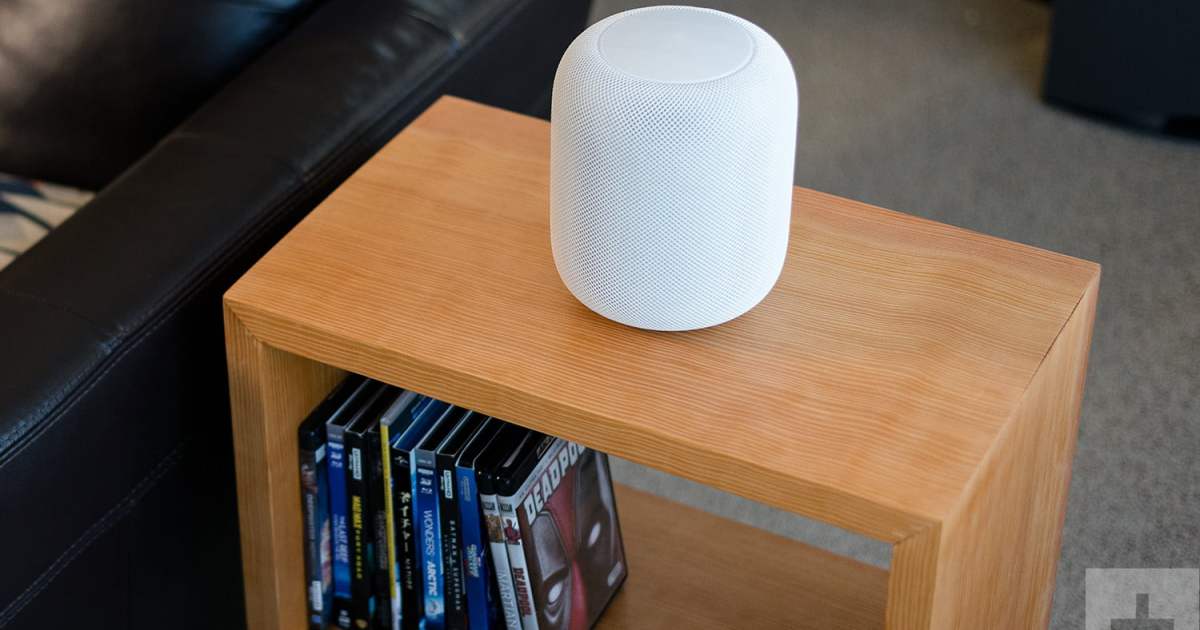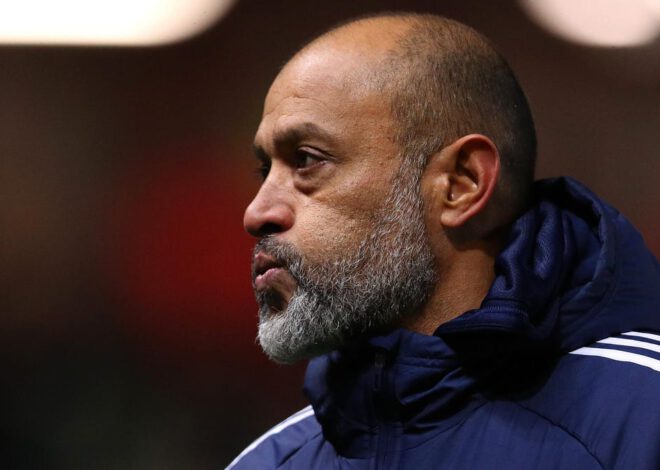
Apple to Ditch Its HomePod Smart Speaker but Stay With Mini
Apple will stop selling its HomePod smart speaker and instead focus on the smaller version of the device.
The company confirmed its decision to TechCrunch, adding that the larger version of the smart speaker will continue to be available until supplies run out.
“We are discontinuing the original HomePod, it will continue to be available while supplies last through the Apple online store, Apple retail stores, and Apple authorized resellers,” the tech giant said in a statement. “HomePod Mini has been a hit since its debut last fall, offering customers amazing sound, an intelligent assistant, and smart home control … We are focusing our efforts on HomePod Mini.”
The company added that it will continue to provide HomePod customers with software updates, as well as service and support through Apple Care.
Apple launched its first-ever Siri-enabled smart speaker in early 2018, and while early reviews praised its design and sound quality, the hefty $350 asking price (now down to $299) proved prohibitive for many shoppers, some of whom ended up with a better-priced speaker from the likes of Amazon or Google.
The HomePod didn’t get off to the best start, either, when some customers complained that the speaker’s base stained some surfaces.
The launch of the HomePod Mini toward the end of last year has turned out to be a far more attractive proposition for customers looking for an Apple-made smart speaker.
Coming in a much more compact design that still looks attractive, the Mini has similar features to its larger sibling but costs just $99. A Digital Trends article comparing the two devices recommends the Mini as a great entry-level option for those new to the world of smart speakers while also acknowledging the bigger HomePod’s superior sound quality.
But make no mistake — the Mini is still no slouch in the audio department. In an in-depth review of Apple’s diminutive smart speaker, Digital Trends notes that the device “doesn’t disappoint for its size, producing ample mids and highs that don’t get drowned out by the lows. In fact, the focus on the mids and highs becomes even more apparent when the volume is cranked up — it never loses touch with them, nor does the bass ever sound strained.”
If you’re in the market for a new smart speaker and want to find out more about the best devices for a range of situations and scenarios, be sure to check out this Digital Trends article telling you all you need to know.


